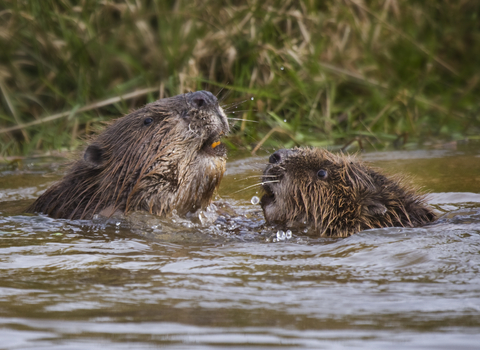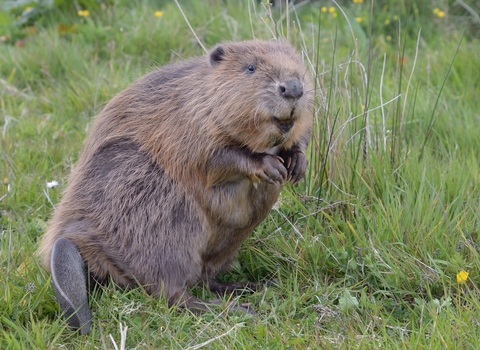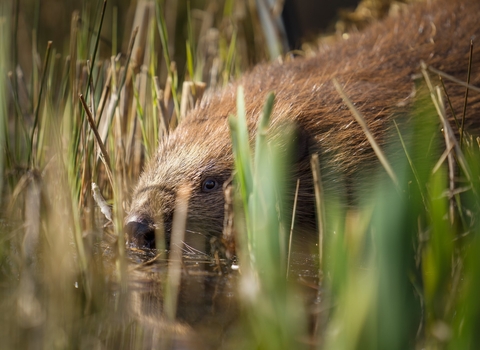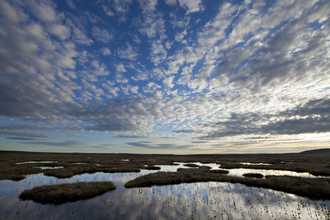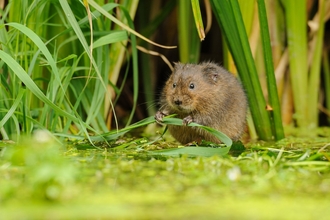Beavers in Wales
The Welsh Beaver Project has been investigating the feasibility of bringing wild beavers back to Wales since 2005. This work is being led by North Wales Wildlife Trust on behalf of all five Wildlife Trusts in Wales as part of our Living Landscapes strategy and we now hope to undertake a managed reintroduction to Wales.
Beavers are known as nature's engineers. They make changes to their habitats which create diverse wetlands for other species to thrive.
Why are beavers important?
Beavers were once widespread across the Wales, but due to over hunting by humans for their fur, meat and scent glands they became extinct after the Middle Ages in Wales and by the end of the 16th Century they were extinct from the rest of Britain.
Beavers are very special animals because they play a vital role in enriching biodiversity by restoring and managing river and wetland ecosystems. They are known as a ‘keystone species’ because their activities can benefit a wide range of other animals and plants that live in rivers and wetlands.
The Wildlife Trusts play a very important part in protecting our natural heritage. I would encourage anyone who cares about wildlife to join them.
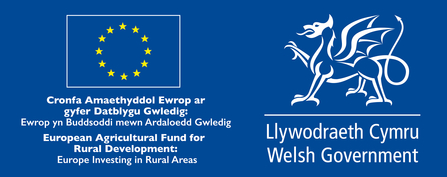
This project has received funding through the Welsh Government Rural Communities - Rural Development Programme 2014-2020 – Enabling Natural Resources and Well-being Scheme, which is funded by the European Agricultural Fund for Rural Development and the Welsh Government.

